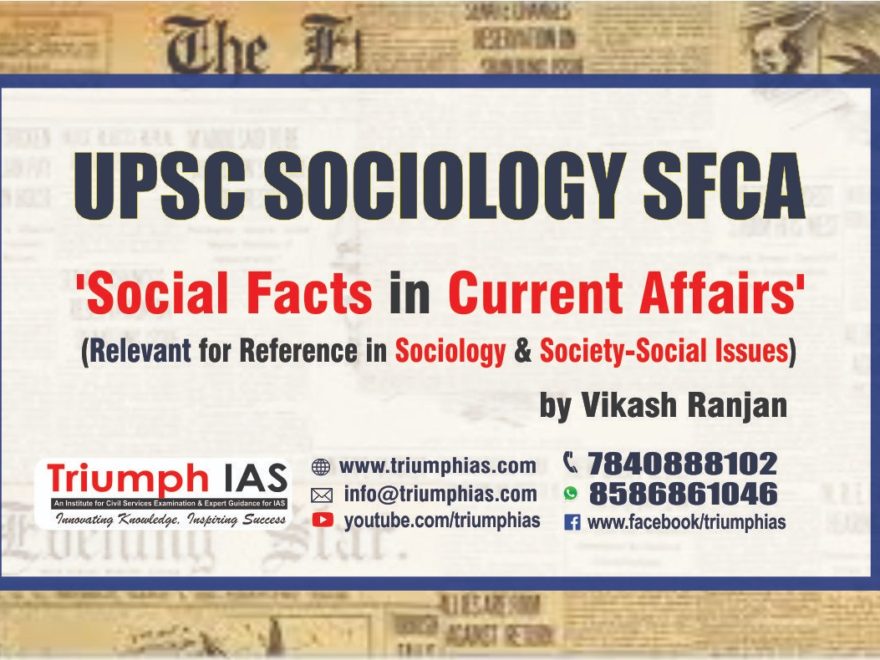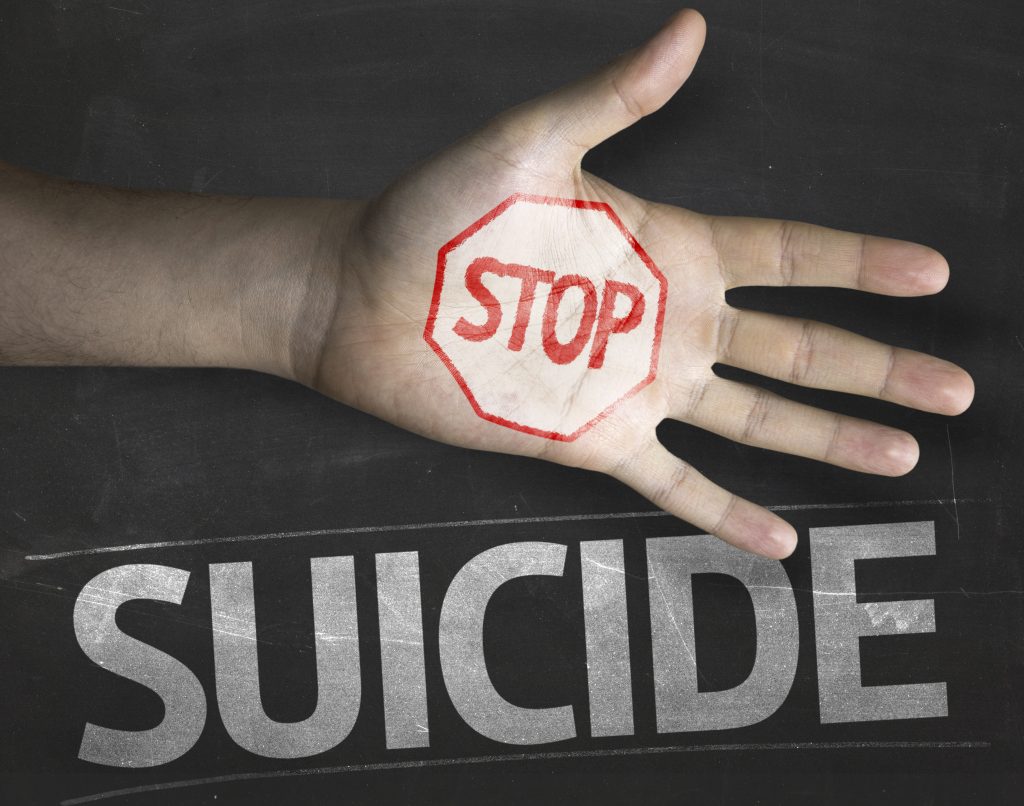THE WHYS OF DEATH BY SUICIDE
- (Relevant for Sociology Syllabus: Paper 1 – Emile Durkheim )
- (Relevant for GS Syllabus: Paper1- population and associated issues )
Society extends compassion and empathy on the one hand, but discriminates, bullies and segregates on the other.
- It is not surprising that the unfortunate death by suicide of a young actor has stirred the nation, and with good reason. Sadly, the haranguing of disconcerted individuals on television and ugly exchanges on social media have evoked strong reactions in some of us who live and work with persons with experiences of distress and mental ill health.
- If foul play was indeed the reason behind the death of Sushant Singh Rajput, then justice must be served. However, the manner in which we see events unravel today are unsavoury and detrimental to many.
- Flippant associations between weakness and depression, erraticism and bipolar disorder are shame-inducing and counterproductive to the larger narrative of seeking help, ensuring justice and promoting social cohesion and well-being. More so, when these opinions are emphatically asserted by ‘celebrities’.
WHAT LIES BENEATH?
- Death by suicide is a public health challenge, a cause for social concern and a philosophical question. It is tethered, amongst other talking points, to existentialism, meaning-making and sociality, and is a cause of moral and social panic.
- The sociologist Emile Durkheim attributed ‘anomie’, or feelings of alienation and social isolation, to a breakdown in social equilibrium, which he theorised increased the propensity for one to die by suicide. Thomas Joiner’s framework that places the experience of thwarted belongingness, perceived burdensomeness combined with an “acquired capability” to self-harm, owing to a range of factors that include childhood trauma, resonates with us.
- Around the same time as Rajput’s passing, a young client, Ms. Lakshmi (de-identified), who was accessing mental health services, also died by suicide. As she lay in hospital, she hoped she would be saved. She said she had taken a “drastic” step that she now regretted, as she felt “frustrated” by frequent interpersonal conflicts with family members and defeated for not feeling “understood” for her mood swings. She had dreams of marriage, gainful employment and stability.
- The scramble to make ends meet, to find meaning in work and life, to experience comfort and kinship in social relationships — our pursuits vary. The cards that we are dealt with in life influence, and perhaps even limit, our choices largely.
- Undoubtedly, those who face systemic oppression, social disadvantage and discrimination have it harder, leading them to feel dispensable even.
- Ethnographies of suicides explore intersections of historical perspectives, psychology, sociology, psychiatry, tradition, regional cultures, altruism, rituals, alienation, social decline and defeat, etc. So, what lies beneath? The conflict between individualism and a sense of community? Unbearable suffering and hardship? The favouring of particular archetypes? Or loneliness, which, as Fay Bound Alberti, who authored a biography of loneliness, discovers, is often shrouded “in shame” for reasons that relate “historical connections between loneliness and personal failing”? In June, an elderly couple died by suicide fearing an uncertain future, consequences of physical ill health and economic constraints, experiencing loneliness as their kin distanced themselves. June also saw the death by suicide of Egyptian socialist and lesbian activist, Sarah Hegazi, who was persecuted for her sexuality and had to seek refuge in a new land.
THE DANGER OF ‘OTHERING’ PEOPLE
- Professor Lars Anderson defines loneliness as “an enduring condition of emotional distress that arises when a person feels estranged from, misunderstood, or rejected by others and/ or lacks appropriate social partners, for desired activities, particularly activities that provide a sense of social integration and opportunities for emotional intimacy”.
- Therefore, we argue that beneath the regrettable suicide of many is an emotional disposition that triggers feelings of alienation, loneliness, hopelessness, frustration and worthlessness. In a country of 1.3 billion, people can still be lonely, assailed by identity politics; gender, caste, class or status-based privilege or disprivilege; ascribed notions of appropriate versus inappropriate behaviour; and a dominant narrative that is ableist, neurotypical, pro-positivity, anti-grey and dissociated from the experience of mental flux.
- This desolation may be further accentuated when faced with ethical and social dilemmas. ‘Othering’ such persons, as a result, may pressure them into conforming, resulting in the loss of authenticity.
- Losing the ability to know oneself and act by one’s values, and suffering the inability to find and sustain connections that matter, takes away from the joy of a universal human existence.Both state and society need a rethink and are culpable if losses around fearless self-expression, creative pursuits, individualistic mind journeys and diverse social relationships are all opposed for a singular narrative.
- Isn’t it strange that our society extends compassion and empathy on the one hand, but discriminates, bullies and segregates on the other? Perhaps, introspection and humility could guide us through a collective soul-searching exercise. Let’s think twice before we treat anyone who doesn’t fit into a well-packaged treasure, in ways that meet our expectations and approval, as marginal.


